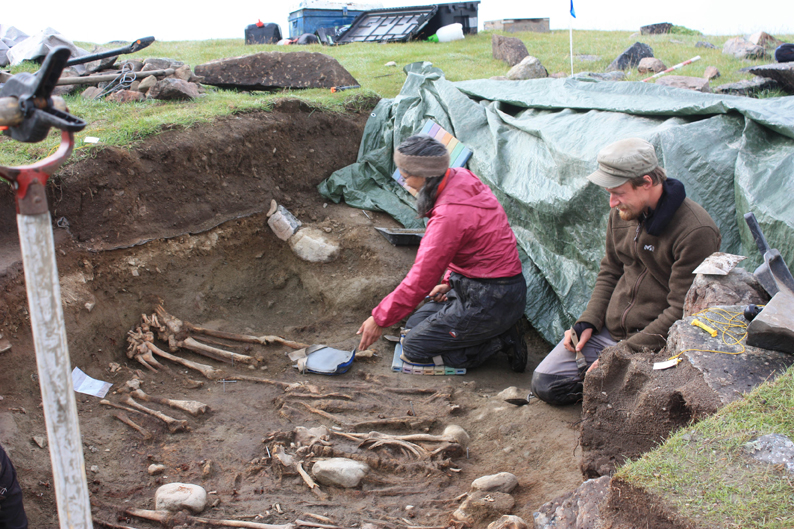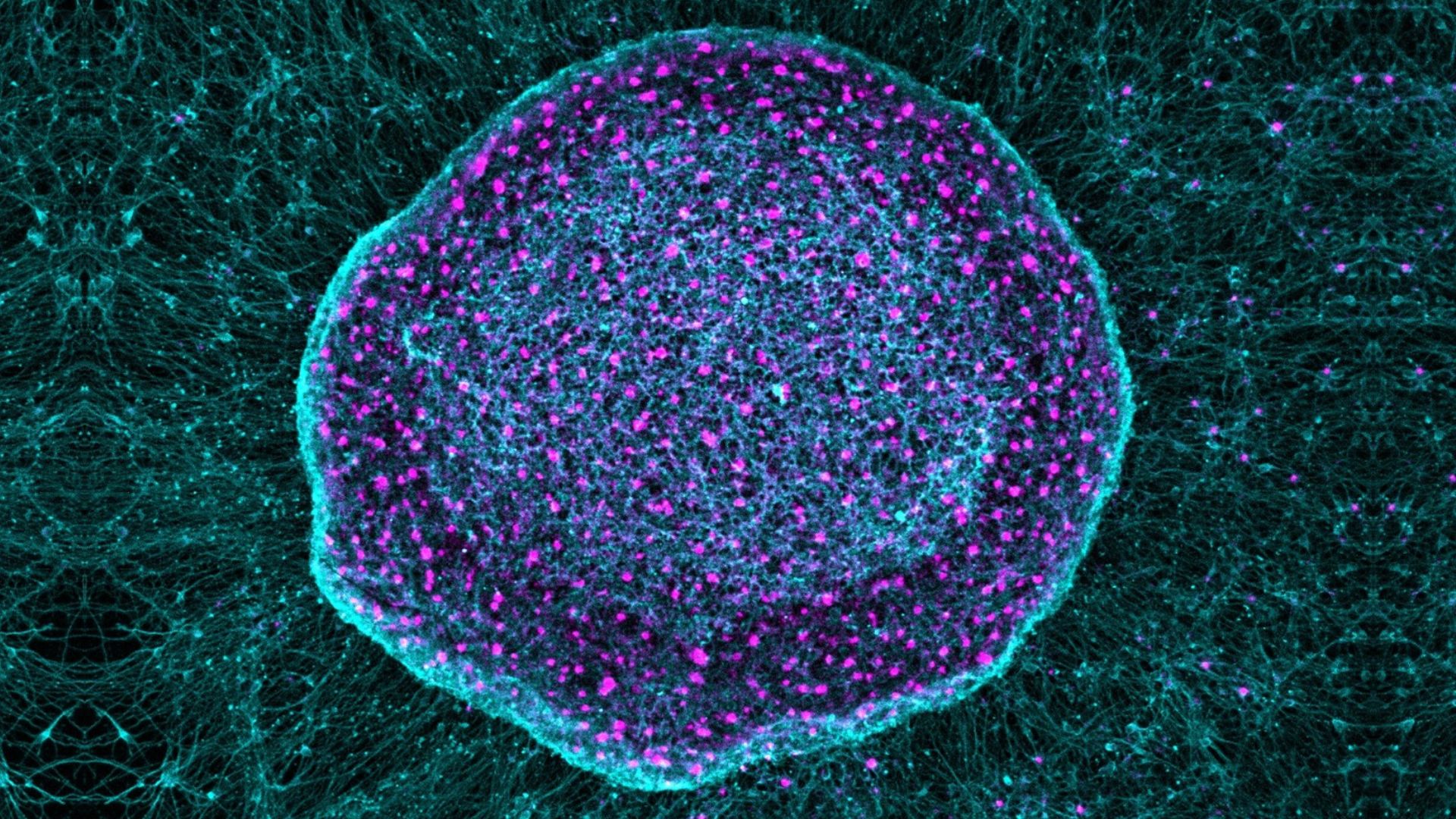Vikings Feasted on Seals, Bones Reveal

Seals made up as much 80 percent of the Viking diet in Greenland, new analyses of Norse skeletons reveal. The finds suggest that the settlers' mysterious disappearance from Greenland 500 years ago was hardly due to an inability to adjust to the icy environment.
"Even though the Norse are traditionally thought of as farmers, they adapted quickly to the Arctic environment and the unique hunting opportunities," explained researcher Jan Heinemeier of Aarhus University in a statement. "During the period they were in Greenland, the Norse ate gradually more seals."
Through analyses of the carbon isotope ratios in bone samples from 80 Norse skeletons, the researchers determined that a large proportion of the Vikings' diet came from seafood, with seals making up between 50 and 80 percent by the 14th century.
The first Norse transplants brought farming and domestic animals such as cattle, sheep, goats and pigs from Iceland to Greenland. But the new findings challenge the view that these settlers stuck to this lifestyle until increasingly harsh conditions, and possibly a "Little Ice Age," drove them to starve or settle elsewhere.
Another researcher involved in the project, Jette Arneborg, curator at the National Museum of Denmark, said archaeological evidence shows that the Vikings kept fewer and fewer animals over time.
"So the farming identity was actually more a mental self-image ... than it was a reality for ordinary people that were hardly picky eaters," Arneborg said in a statement.
The skeletal evidence also shows signs that the settlers slowly left Greenland. Fewer and fewer young women are found in the graves from the period toward the end of the Norse settlement, for example.
Get the world’s most fascinating discoveries delivered straight to your inbox.
"This indicates that the young in particular were leaving Greenland, and when the numbers of fertile women drops, the population cannot support itself," said Niels Lynnerup, of the University of Copenhagen.
"Nothing suggests that the Norse disappeared as a result of a natural disaster. If anything they might have become bored with eating seals out on the edge of the world."
The research appears in a series of articles in the Journal of the North Atlantic, Special Volume 3, 2012.
Follow LiveScience on Twitter @livescience. We're also on Facebook & Google+.
 Live Science Plus
Live Science Plus






